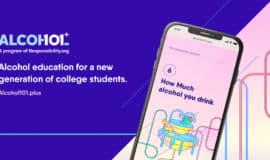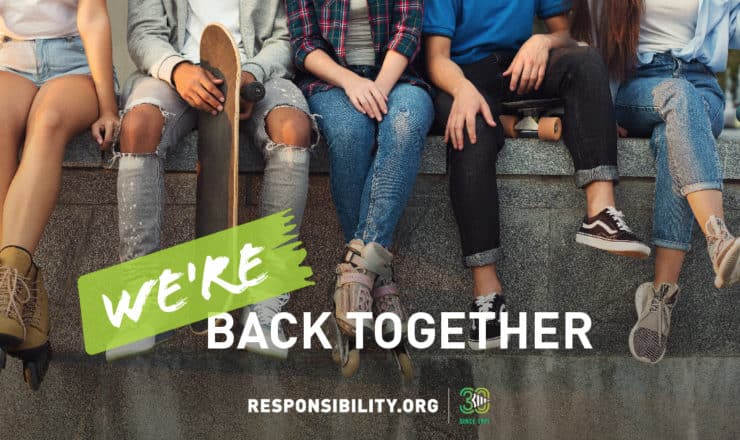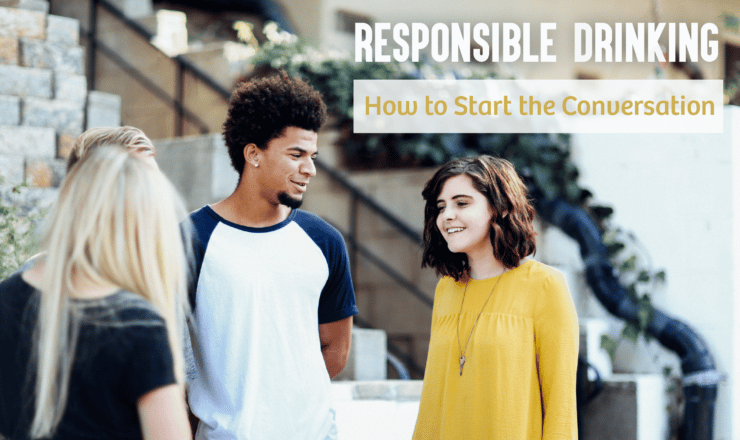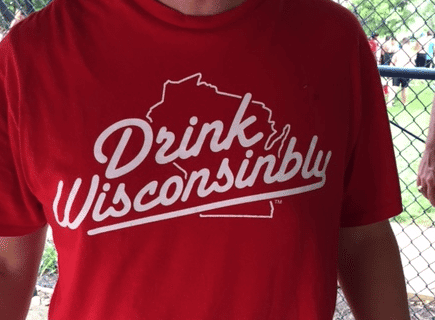Alcohol Awareness: It’s Everyone’s Business
Autumn is almost upon us.
Parents have already begun “back-to-school” shopping. College students are enjoying the last few weeks of their summer holidays and soon thoughts would turn to gearing up for another school year.
As the weather cools and the leaves begin to change colors, at least in some parts of the country, and students get ready to return to school, the focus should not be just on getting supplies for junior. Parents and guardians should have that very important conversation with their children—the “talk” about alcohol consumption. Many students would be leaving home for the first time to attend college; others would be returning for another school year. While college sponsored activities and events for students are alcohol-free, off campus gatherings may not be. These parties mean alcohol. There’s nothing wrong with enjoying some alcohol if one is of legal age, but there’s everything wrong with excessive drinking to the point of getting alcohol poisoning which could potentially lead to health hazards, and even death.
A 2009 College Task Force report to the National Institute on Alcohol Abuse and Alcoholism indicates that among 18 to 24 year olds, alcohol causes about 1825 deaths a year; 599,000 injuries, 690,000 assaults and 97,000 sexual assaults. About 150,000 develop alcohol-related health problems and between 1.2 and 1.5 percent say they’ve attempted suicide due to excessive alcohol abuse. The report also notes that excessive drinking had negative academic consequences on 25 percent of college students in the form of poor performance on exams and assignments, missing classes or dropping out.
While the numbers may seem staggering, if a loved one is one of the statistics, then what seemed abstract becomes a painful reality.
What Colleges Are Doing –TCU VITALS
Anti-drinking campaigns targeting young people are often prescriptive with frightening images. While alcohol consumption cannot be eliminated among young people, steps are being taken to educate the underage not to drink. For those who are of drinking age, health education campaigns are one of the many ways to highlight the dangers of excessive drinking. Studies have shown that peer-to-peer campaign record more success than pedantic campaigns by adults. Texas Christian University (TCU) VITALS campaign is one of such peer campaigns aimed at college students.
Supported by a grant from the Foundation for Advancing Alcohol Responsibility (FAAR), VITALS is an acronym for the symptoms of alcohol poisoning—Vomiting, Incoherent, Temperature, Absence of color, Low breathing and Seizure. Strategic Communication students used face-to-face and social media campaign to educate the student body of 9,700 to recognize those symptoms and know when to get help. Completed in three semesters over three years (2011-2013), the campaign exceeded its initial goal of 10 percent to reach approximately 50 percent of the student body.
As alcohol education campaign is a team effort, TCU VITALS success is also attributed to its partnerships with the Texas Young Lawyers Association, Unconscious Truth program, The TCU Office of Alcohol and Drug Education, TCU Police, TCU Health and Wellness program, TCU Library and TCU office of Intercultural Affairs. These partner programs helped TCU VITALS to reach a wider audience and highlight the legal, physical, health and social consequences of excessive drinking.
What You Can Do
This is not an anti-alcohol post; rather, our goal is to highlight the negative impact binge drinking can have on the lives of young people and their communities. Alcohol awareness and education is everyone’s business. Our loved one could be the victim of excessive drinking; he or she may also be in a position to save the life of a friend or peer who exhibits symptoms of alcohol poisoning. Our research indicates that excessive drinking does not occur just at parties, it could be anywhere. Therefore, if your loved ones are underage, it makes sense for you to have conversations with them about not drinking. If they are of legal age, then, talk to them about the dangers and consequences of excessive drinking.
As the school year begins, learn about the symptoms of excessive drinking and encourage your loved ones to do the same. You or they may even save a life.
Learn more about TCU VITALS at http://www.tcuvitals.com
*The views and opinions expressed in this blog are solely those of the author and do not necessarily reflect the views of the Foundation for Advancing Alcohol Responsibility (Responsibility.org) or any Responsibility.org member.*
Dr. Amiso George is an Associate Professor of Strategic Communication, APR, Fellow of PRSA and adviser to the TCU VITALS Campaign, at Texas Christian University in Fort Worth, Texas.




















